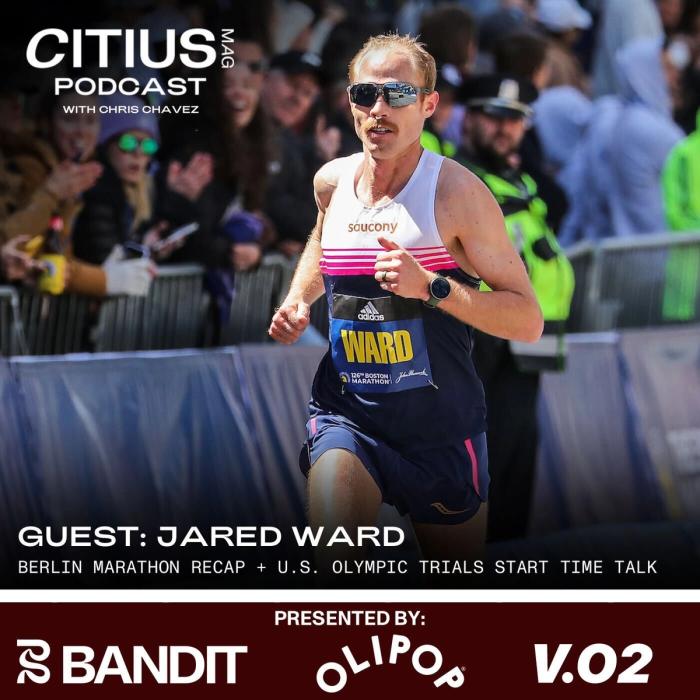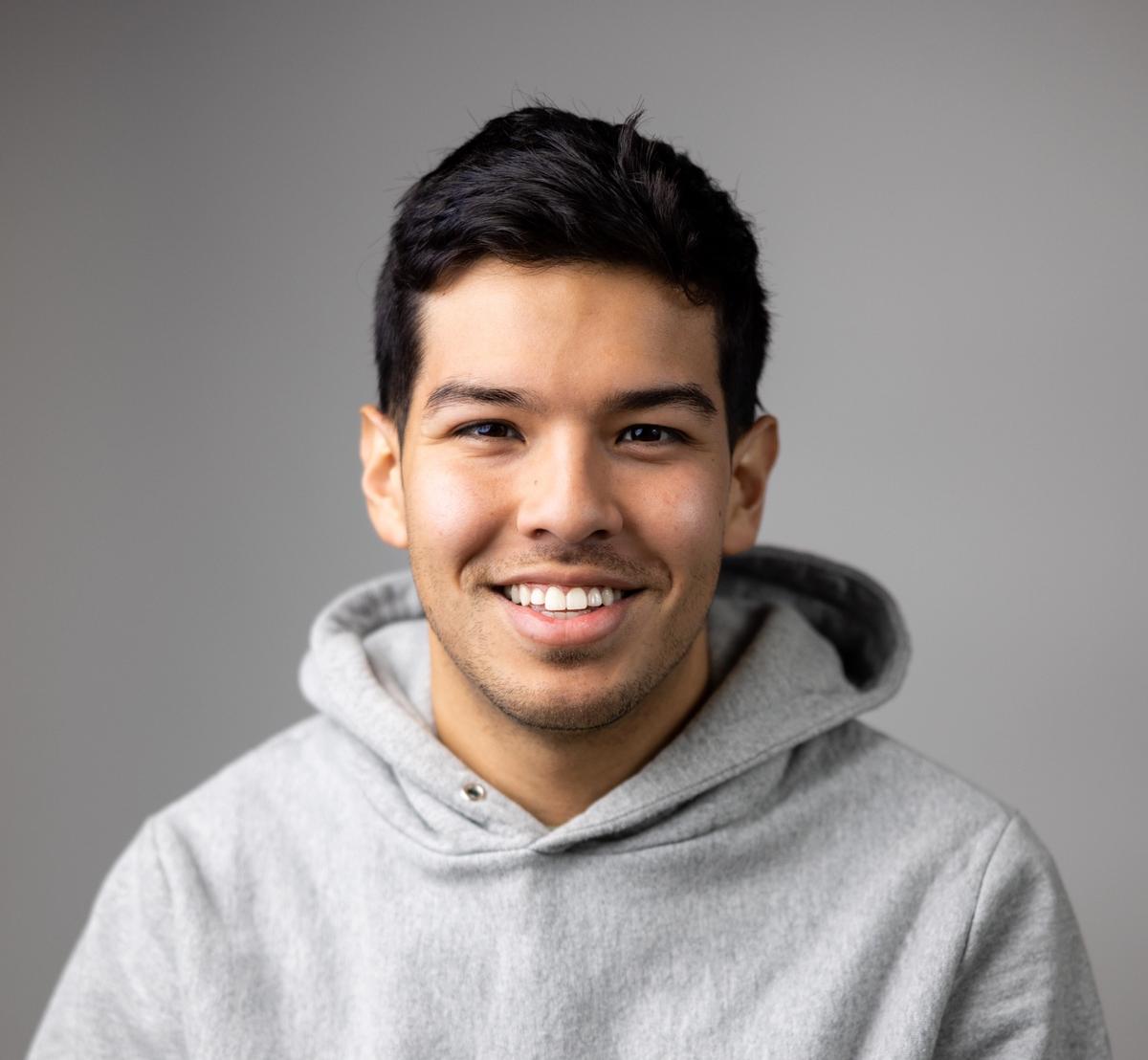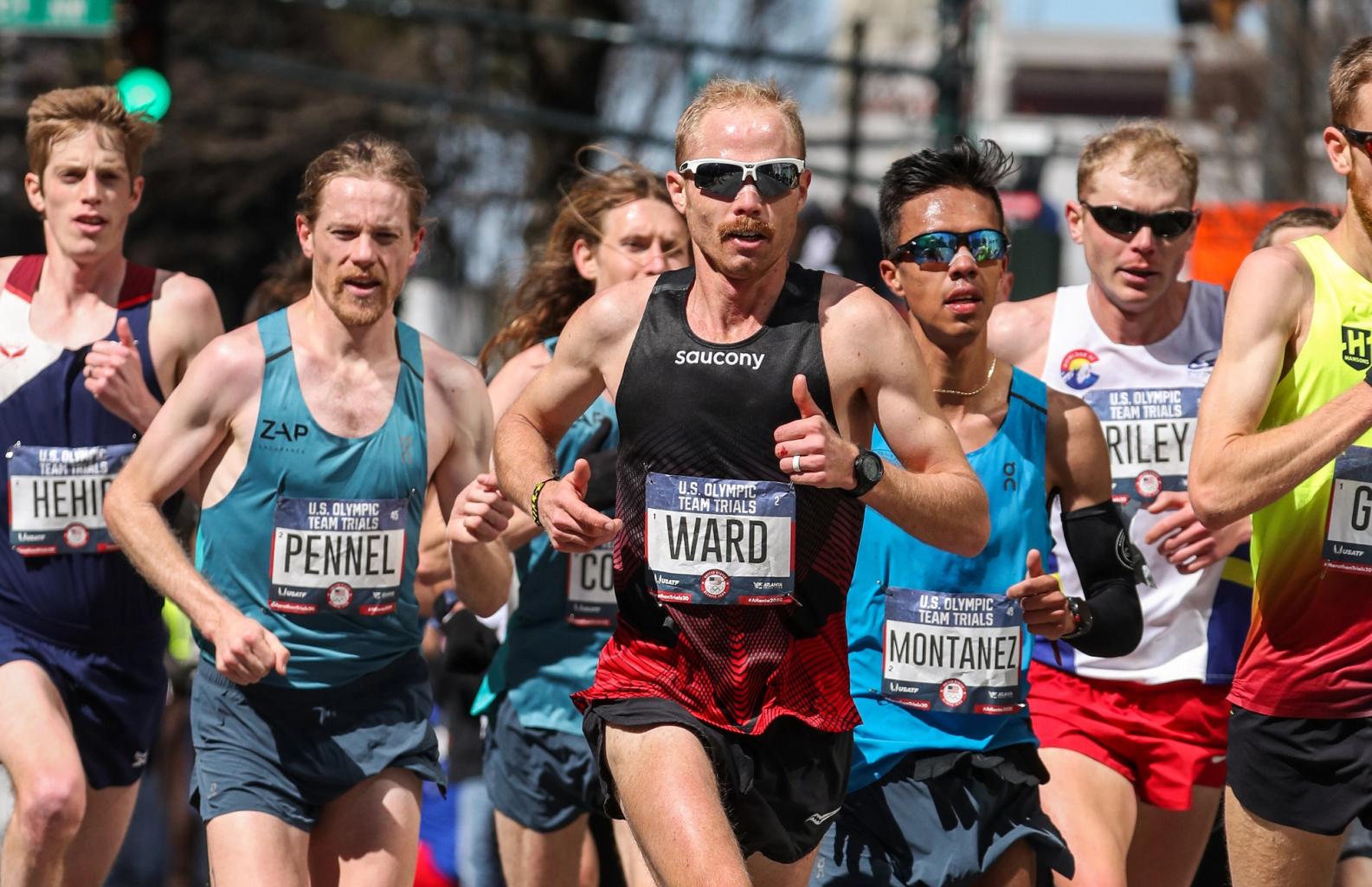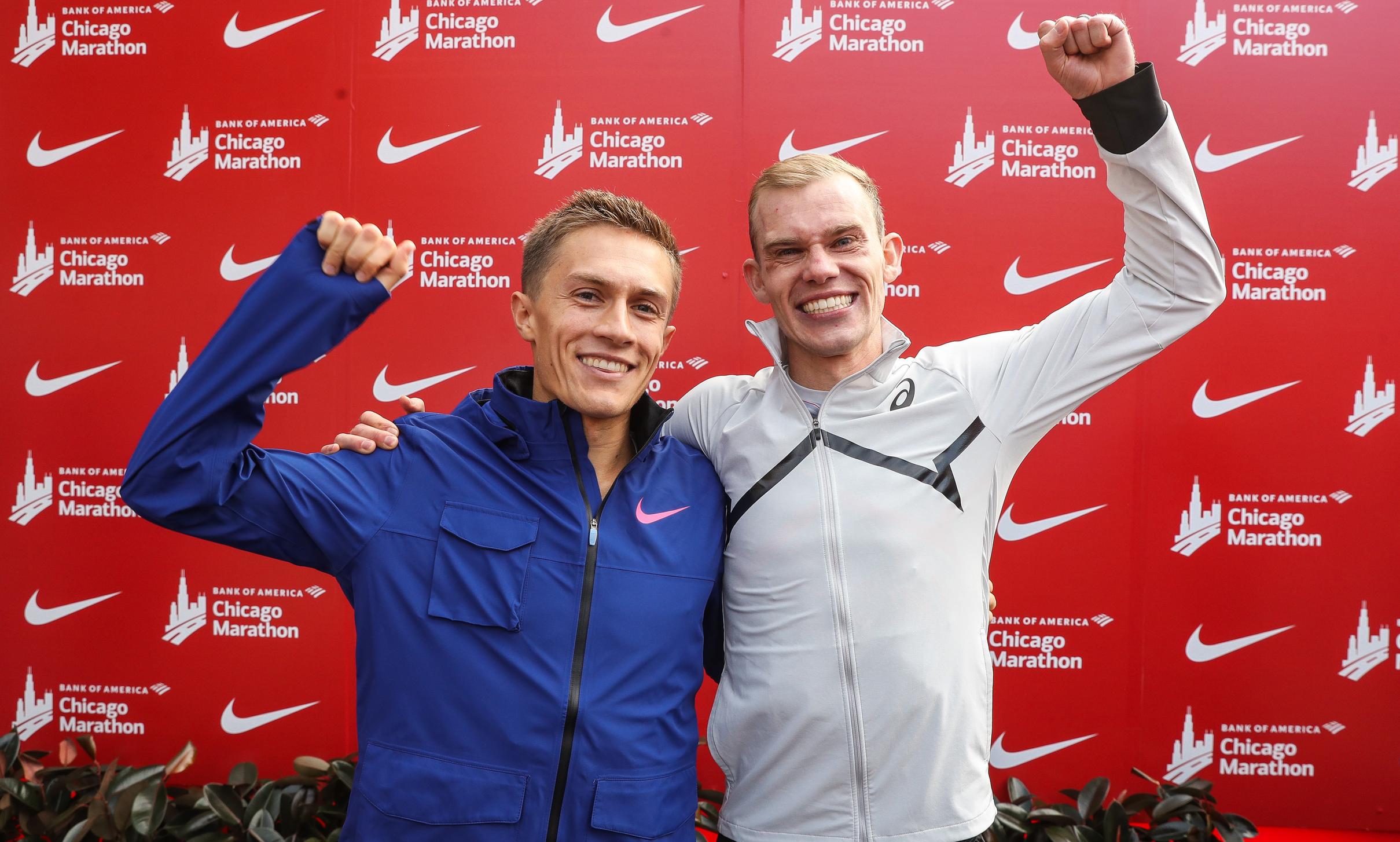October 18, 2023
Listen
"After Berlin, I came home thinking I have a chance to make this team. I’m a stats guy, I’m a realist, it’s not this astronomically high chance — but I have a chance again."
My guest for today’s episode is 2016 U.S. Olympian Jared Ward, who just ran 2:11:44 at the Berlin Marathon. It’s been a while since Jared joined us on the show but he’s back to recap that race and how he somehow ended up in a tight battle with Ethiopia’s Tigist Assefa, who ended up breaking the women’s world record in 2:11:53. He also shares some of his thoughts on training partners Conner Mantz and Clayton Young’s big performances in Chicago. Plus, Ward gives us an update regarding some discussion about the U.S. Olympic Marathon Trials.
Last week, several of the top U.S. marathoners met with USATF CEO Max Siegel and other members of USATF’s team to discuss the noon start time for the 2024 U.S. Olympic Marathon Trials in Orlando. A letter was sent to the national office on Sept. 15 and was signed by 84 athletes. Jared was among the athletes spearheading the conversation to voice concern over the midday heat in Orlando.
You can read the full letter here.
Host: Chris Chavez | @chris_j_chavez on Instagram
Guest: Jared Ward | @jwardy21 on Instagram

NOTABLE QUOTES
How did we get to this point where you were able to take this step forward?
“It took some time to figure it out. You know, thyroid, the hormones. It affects your whole endocrine system... The reality is that for the last three or four or five years, it was taking over slowly. And then we got to the start of getting the problem fixed — but now I've got to get that intensity back up. I was able to train at a level that I was training at five years ago for about two months before the Berlin Marathon...
After Berlin, I came home thinking I have a chance to make this team. I’m a stats guy, I’m a realist, it’s not this astronomically high chance — but I have a chance again… I have some of the best training partners in the nation and I have the pieces I think that I need now. So it's a fun opportunity.”
You said that the last couple of years it's been a much more reduced block because of what your body could handle. What did you get up to this time around before Berlin?
“The training was good. Coach said that if this is a choice between Berlin and Chicago, you've just turned a corner; you're training at a good level and it makes sense to have more time. But the flip side of that coin is that I'm older than those guys and it takes me a little longer to reset after a race.
So we decided to really just push, taper, go to Berlin, and run under-cooked. It gives me a little bit more time now to be extra recovered as we go into this next training block with the trials in the crosshairs.”
What was your reaction to seeing Connor and Clayton have the big day that they had in Chicago?
"My training partners ran amazing and it was so fun to see their hard work pay off. It was a good reminder to me that Coach Eyestone's training system works; there's proof of concept in this marathon program over and over again. I'm in the right place and I'm training with the right guys and it's fun to see them succeed. Regardless of how my season and Olympic Trials goes, I'm going to be pulling for them. I've got to spend time with them for a long time and admire both of them and their work ethic. These are guys that you want your kids looking up to.
On a personal level, it's exciting too. It's exciting to me to know that I've got the right training partners. You know, if I can keep up with these guys in training, I have a chance to make the team because Clayton and Connor are arguably the top two marathoners in the U.S. right now. It's encouraging, it's heartwarming, and I'm excited to watch them run for a long time. I think we're going to be seeing their names across headlines for a few more years."
In Berlin, you end up getting into a bit of a battle in the late stages of the race with Tigist Assefa. Put us in your shoes. You all of a sudden hear a motorcycle coming up on you and it's the women's leader. You have to be looking at your watch thinking, ‘this can't be right’?
“I was like, ‘who is this? Is this some local athlete that's a hometown hero? That must be what it is’. And then the car comes up and I thought, ‘no, this isn't the lead. There's no way’. I looked at my watch and she's running 2:12 pace — and for the first time since ninth grade in high school, I’ve got a girl coming up on me. She looked awesome. She pulled up next to me, I look over, and she looked like she was on a Sunday morning jog. Her pacer looked like he was working, but she looked fine…
So I take off again and then she catches me again. It was like a nightmare. It was like being chased by zombies that weren't even breathing hard. And then that kilometer came and my watch beeped 2:56 and I was like, ‘oh, this girl is flying!’… I sprinted for all I was worth that last 800 and got out of her shot and crossed the line in time to be out of her way.”
One of the other big things that's come up is the letter to USATF and CEO Max Siegel. Eighty-four athletes signed a letter back in September voicing concerns over the new start time for the Olympic Trials. You had a meeting with Max Siegel — what can you tell us about how the meeting went?
It went really, really well. The national office and Max responded really well to the letter. USATF really has done a fair job over the years of listening to athlete input. I was impressed they carved out a 90-minute slot for me and a few other athletes to get on and address these concerns and talk through them. We had a lot of the individuals from the USATF national office who are involved in this process on the call. It was productive.
They had already been working on it for a couple of weeks. They had already been working with NBC, the city of Orlando and all the players involved to roll out a solution. We’re still in the middle of working toward that. We’re in a position where athletes are a little bit more involved at the table and in the discussions with ramifications with what it means when we change stuff. Sponsors are involved. The community is involved. TV time – prime TV time – leads to higher revenue in a lot of buckets.
We’re looking at this from a high-level perspective. How much money do the athletes need? How much money do we need to have for prize money? How much money do we need to have for athlete support? How can we check all of these boxes and still preserve the integrity of the event and create a safe environment – and hopefully a fast environment – for the athletes to compete in?
The athletes have a voice at the table and the national office has been super receptive to giving us that voice at the table after having expressed that we need to be part of that decision-making process. They’ve gone to work on it. I am very optimistic that we’re going to see an earlier start time.”
Support The Sponsor

OLIPOP
OLIPOP is a prebiotic soda with only 2-5g of sugar that is actually good for your gut health. – and it's delicious. Use code CITIUS25 for 25% off non-subscription orders. Learn more here.

BANDIT RUNNiNG
BANDIT RUNNING is a performance and lifestyle running apparel brand founded by members of the NYC Running Community in 2020. What started with socks and accessories has grown into a full-fledged apparel line.
VDOT
VDOT is offering 20% off their coaching subscription using the code citiusmag. Download V.O2 in the app stores or visit vdoto2.com to start your 30-day free trial. Athletes without a coach can use the same code and try out their fully automated VDOT Adaptive Trainer and sync to an Apple Watch, COROS or Garmin. Leverage the world-famous VDOT formulas and take your running to the next level with V.O2.

Chris Chavez
Chris Chavez launched CITIUS MAG in 2016 as a passion project while working full-time for Sports Illustrated. He covered the 2016 Olympics in Rio de Janeiro and grew his humble blog into a multi-pronged media company. He completed all six World Marathon Majors and on Feb. 15th, 2025 finally broke five minutes for the mile.


